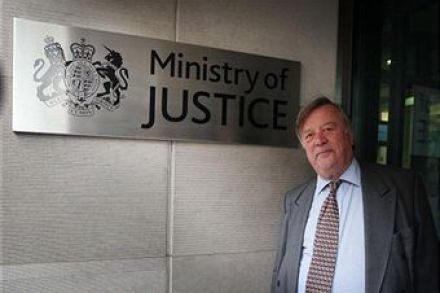Cable’s aspirations
“Aspiration” tends to be a convenient word for politicians, in the sense that any policy that they can’t implement now can be glossed over as something they want to do in future. But, if Vince Cable’s interview with the Times is anything to go by, it could become a troublesome word for the coalition. Speaking about the Lib Dem’s election promise to scrap university tuition fees, Cable says that: “It is an aspiration, but we’re highly constrained financially and we have got to try to work out ways of doing it. I’m not Father Christmas.” But nowhere does the coalition agreement say that scrapping tuition fees is an “aspiration”. Instead,



















